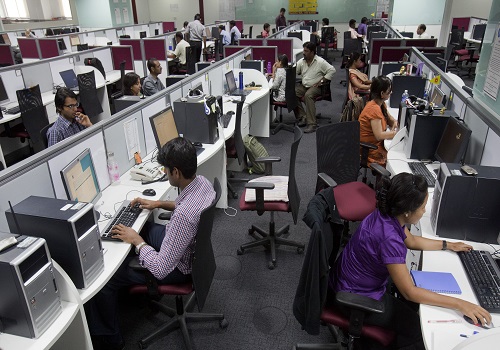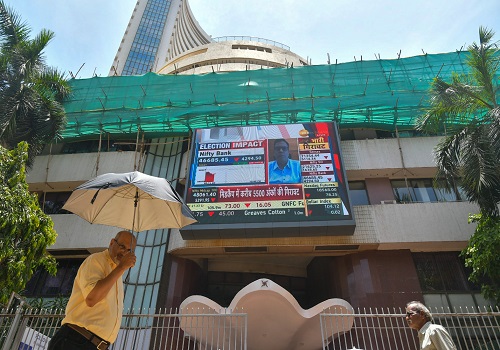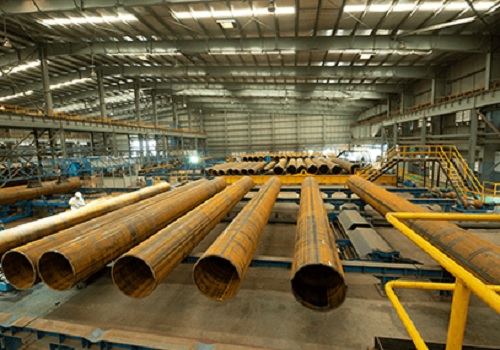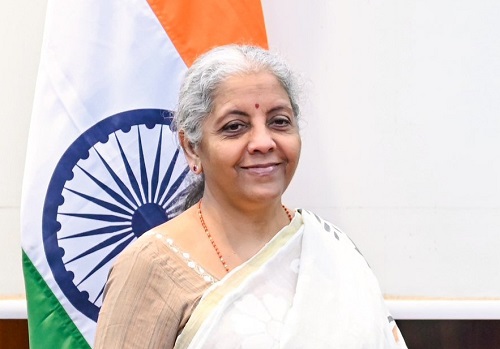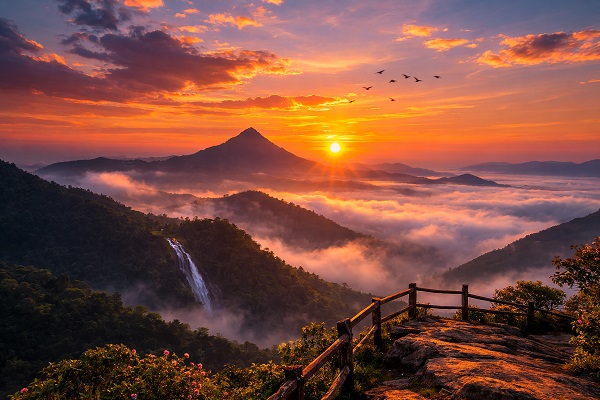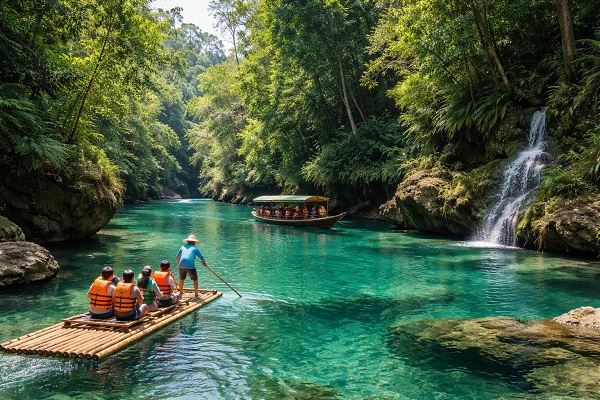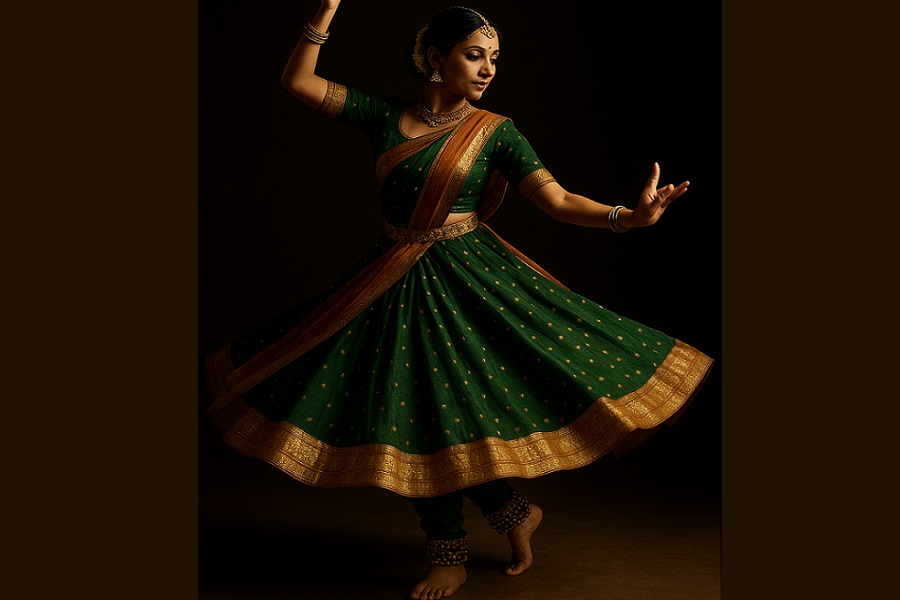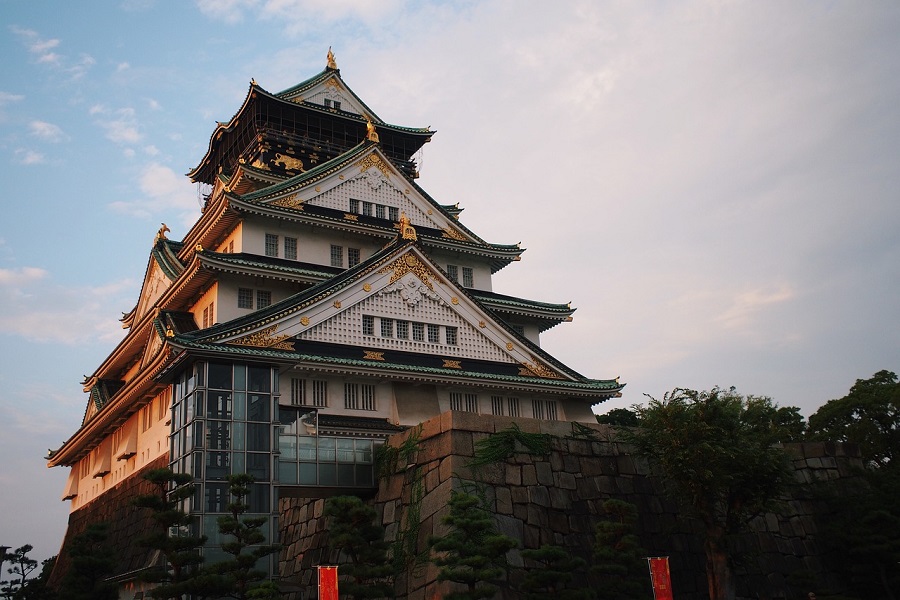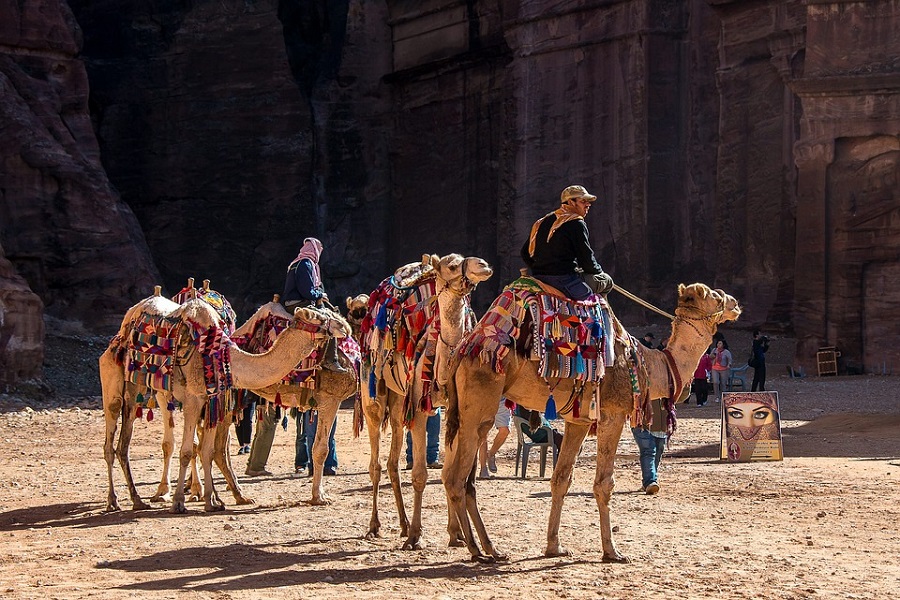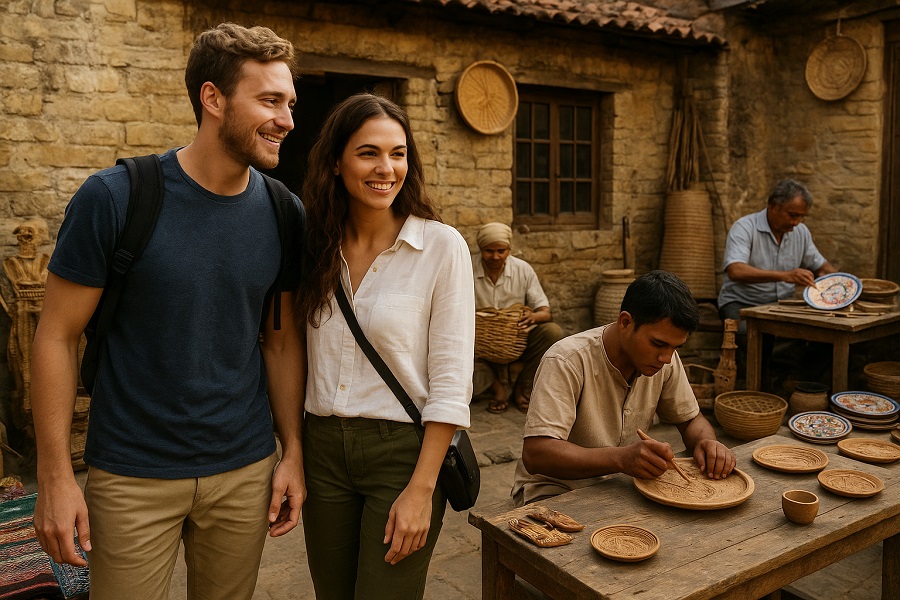Cultural Tourism Booms as Travelers Seek Meaningful, Immersive Experiences

In an age where travel is no longer just about sightseeing, Cultural Tourism is emerging as a transformative trend. Tourists—especially millennials and Gen Z—are increasingly choosing destinations that allow them to explore local traditions, heritage, arts, cuisine, and festivals, creating meaningful connections with the places they visit.
From walking through the ancient lanes of Varanasi to joining flamenco dance workshops in Spain or exploring tribal art in Odisha, travelers now want to experience culture, not just observe it.
Cultural Tourism on the Rise Globally
According to a 2025 report by the UN World Tourism Organization (UNWTO), cultural tourism now accounts for over 40% of all international tourism, with India seeing a 30% year-on-year increase in cultural tourism bookings.
Tour operators have started offering experiential packages—think cooking classes in Rajasthan, Buddhist monastery stays in Ladakh, or K-pop fan tours in South Korea. These offerings cater to curious, mindful travelers who seek authenticity over luxury.
op Destinations for Cultural Tourism
India:
Varanasi & Khajuraho: Spirituality and temple architecture
Kolkata & Jaipur: Literature, art, heritage walks
Rann of Kutch & Nagaland: Tribal festivals and crafts
Global:
Kyoto, Japan: Traditional tea ceremonies and geisha culture
Istanbul, Turkey: Ottoman history and culinary trails
Cusco, Peru: Incan heritage and local weaving workshops
Why Tourists are Choosing Culture Over Comfort
"People are craving real, grounded experiences that tell the story of a place," says Anika Mehra, cultural travel curator at a luxury tour company. "They want to eat with locals, participate in festivals, and even learn age-old skills like pottery or classical music."
Reasons behind the surge:
Interest in slower, more meaningful travel
Influence of social media and documentaries
Educational value for families and students
Demand for offbeat, crowd-free destinations
Sustainability and Community Impact
Cultural tourism is also seen as a powerful tool for preserving heritage and empowering local communities. Revenue from cultural tours often supports artisans, performers, and traditional knowledge bearers.
However, experts urge that cultural tourism must be responsible and respectful. "It's essential to ensure that local customs are not commodified or distorted," says Prof. Anil Rawat, anthropologist and tourism advisor.
Future of Cultural Tourism in India
With initiatives like Dekho Apna Desh, Heritage City Development and Augmentation Yojana (HRIDAY), and increased global interest in Indian spirituality, dance, and cuisine, India is poised to become a global hub for cultural tourism.
2025 is also expected to see an uptick in "festival tourism"—where travelers plan trips around events like Holi in Mathura, Durga Puja in Kolkata, and the Hornbill Festival in Nagaland.
Final Word
In an era of fleeting digital moments, cultural tourism offers something timeless: a deeper understanding of humanity through shared stories, rituals, and art. For today’s traveler, it’s not about ticking off destinations—it’s about touching the soul of a place.


